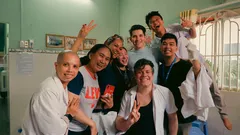
Imagine waking up and realizing that your own blood—something so personal and vital—is as rare as a buried gem. For one Filipina, this became her reality. The account that follows is both fascinating and touching. If you've ever thought about the importance of blood donation and how it impacts the lives in our cities and towns, this report will take you on an adventure filled with excitement, wonder, and an inspiring sense of community.
The Rarity of Blood Types: Why It Matters
Every person's blood is part of a blood group—a system that decides who can accept donations from whom. There are four types of blood: A, B, AB, and O, and each one is further classified as negative or positive. In the Philippines, about 99.97 percent of blood types are Rh-positive, which makes Rh-negative even rarer—donations are extremely scarce. When someone needs a rare match and seeks a suitable donor, it becomes a challenging task.
A Life-Saving Search Starts at Home
For our heroine, an illness that struck suddenly threw her family into an epic race against the clock. Hospitals carefully checked the usual lists of blood banks. However, her extremely rare blood type—so uncommon that only one in a million could have it—left doctors and relatives overwhelmed. The family used social media, reached out to friends, and contacted health professionals from the barangay as every second became crucial. Despite all their efforts, no suitable donors could be found.
In Metro Manila, finding an exact-match blood donor could take days or even hours if your group isn't common. The clock never stops, and every donation can save a life.
Turning to Local Heroes: Blood Donor Networks
Many Filipinos aren’t aware of donor registry databases or online support groups. Volunteer groups in cities like Quezon City, Cebu, and Davao play crucial roles bridging the gap, using online tools and personal networks to inform people about rare blood type holders. With over 4 million units of blood needed nationwide each year, the contributions of these hero-donors are vital. Yet, emergencies highlight the need for a more efficient response system and increased awareness of becoming a regular donor.
What You Should Know: Understanding Your Blood Type
Most Filipinos discover their blood type during medical emergencies or laboratory tests. Experts recommend knowing your blood type as basic knowledge that can save precious minutes in life-threatening situations. For women, especially those who might face pregnancy complications or have rare illnesses, this information isn't just self-care but can be a lifesaving resource. It's worth spending just a few minutes during your next health center visit to know your blood type and keep a record of it.
Creating a Culture of Giving: The Power of One Donation
- Regular blood donations are safe and can benefit up to three people at a time.
- Women with rare blood types are more prone to health risks during pregnancy and after surgery.
- Less than one percent of local donors are recorded as having Rh-negative blood.
- Encouraging family and friends to join the registry increases everyone’s chances of success.
As I think about this, I continue to be amazed by the quiet resilience of our communities. Whether it’s a teacher, a tricycle driver, or nurses stepping up to donate blood, those who join the blood donor community are rare and remind us of the strength and compassion woven into Filipino life. Sometimes the most courageous actions are the ones nobody sees, but their impact can be profound.
For anyone wondering what is the most rare blood type found in the Philippines?, it’s the Rh-negative O or AB type—a proof that one person can really make a huge difference. Let’s be grateful for every small act that keeps a heartbeat steady, and never underestimate the power of community, hope, and a single drop.
 Meg Magazine
Meg Magazine

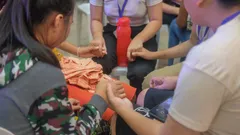

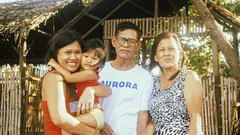
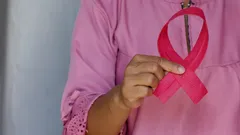
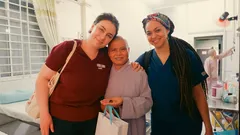
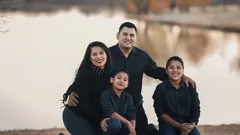

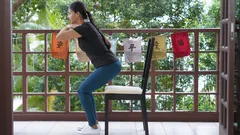
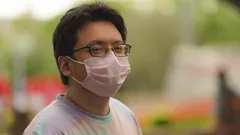





Comments